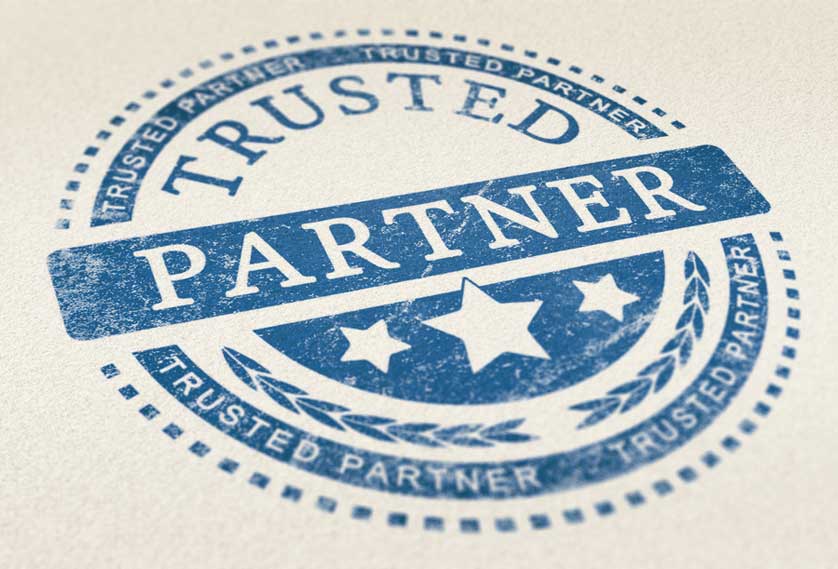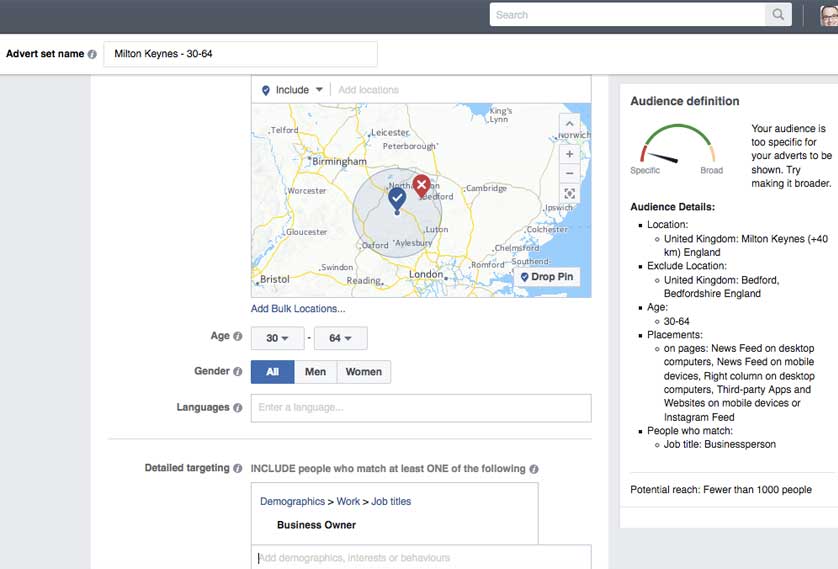At this time of year, we start to think about what we want to achieve with our businesses in the next 12 months.
Maybe you’re at a stage where you’re ready to think about an exit.
I did this with my core business in March this year. After 3,986 days of hard work and sacrifice (yes, I calculated it), I sold the business for a premium and walked away.
Exiting your business is the greatest payday you will ever have. But there’s a lot more to it than that.
Emotionally, it feeds you. I feel like I justified to my wife all the time I wasn’t there for her over the years, because I was building something important.
I stuck it to the naysayers who told me I was making a big mistake, when I left a secure and well paid job.
And it’s changed me in so many positive ways. On top of the fun work I’m now doing with IT support companies, I’ve started acquiring other businesses. I’ve realised there is so much more you can do as the owner, than as the operator.
You might not have sold a business before. But you know more about it than you think.
Because I believe the core job of selling a business, is no different to selling a house
Think of a particular property you have sold in the past; perhaps one where you made a load of profit.
Who bought it and why did they buy it? What was motivating them to make the purchase? What kind of state was the house in? How did buying the house help them meet their life goals?
Why did you make a good profit? Was it because the market was hot and buyers couldn’t get their hands on property fast enough? Was it because that particular property was unique, and therefore more desirable? Was it because someone else could do more with that house, than you could?
While some people do look for wrecks that they can do up, the average house buyer is more likely to buy a property when there is less hard work to be done.
There’s a difference between turning around a wreck, and putting your own stamp on something.
The process of making the look and feel of your house match the asking price you’d like to achieve is called staging. And it’s the same process when it comes to selling your business.
Selling a business is primarily an exercise in selling and marketing. That’s not what your accountant will tell you; they’ll say it’s primarily a legal and financial exercise.
What nonsense! There are no legal or financial details to sort out, if no-one is willing to buy the business in the first place!
A key marketing skill to develop is the to look at things as the average decision maker looks at things. So too to sell a business. You must look at things from the potential buyer’s point of view.
What buyers want
- A business in growth: They can continue to grow the business when they buy it. Buyers would rather pay a premium for a business in growth
- A business with potential: Buyers will think about what they can do with the business and begin to plan improvements. Smart buyers will look for synergies when combined with other businesses they own
- A systemised business: Buyers won’t want to fix your business. They want a business that is already working well
- An instant income: Buyers will be looking for a business with a positive cash flow and debt free
- A reputable business: This will be something that a new buyer can be proud of. Not everything in the business will need to be changed
What buyers DON’T want
- A heavy ship that will take ages to turn around
- To have to fix all of your problems. Especially staff
- Instant cash flow issues on the day they get the keys
The value of your business will increase in direct proportion to the amount of preparation you do. You need to start work now if you want to sell your business in 3, 4 or even 5 years time.
The preparation you do now will affect the overall value, and ultimately the price that someone will pay for the business.
Potential options for exit
- Sell it to a friendly buyer: Friends and family, business partner, staff
- Give it to someone just to get shot of it
- Sell it on the open market
- Sell the clients to another IT support company
- Sell and stay: Re-employed to run it for the new owner
- Bleed it dry and kill it
- Hire & retire: Get a trusted manager in
- Shut it down and get a job (surely your worst nightmare?)
How much will you get?
The big question everyone always want to know… how much is your business worth?
Your accountant will tell you the answer is relatively simple – it will be a multiple of some kind.
Perhaps 3x to 5x EBITDA (earnings before interest, tax, depreciation and amortisation… don’t ask me to explain that in greater detail, or we will all need a good sleep). Or maybe 1x turnover.
But most accountants forget that selling a business is primarily a sales and marketing exercise.
So the true value of your business is only what a willing buyer will actually pay for it.
It’s not about multiples of profit or turnover. It’s about what someone else could do with your business, that you can’t.
In an ideal world, you want to offer your business with a history of at least 3 years of growth in both turnover and net profit. This will dramatically help you to demonstrate all the things that buyers want: growth, potential, systems, income, reputation.
- Growth: 3 years of turnover and profit growth
- Potential: Market value of your area
- Systems: Runs brilliantly and you don’t need to be there
- Income: Show how much you are able to take from it
Put these areas in order of importance to focus on over the next 1,2 or 3 years. This is your business exit strategy.
Make sure that you plan well in advance and get your advisors in place early
You need an excellent lawyer, an accountant (you’ve probably got one of those of course), a tax specialist, a business sales agent, and – if it’s the end of your career – then a retirement planner. I can recommend all of these specialists I use – email me.
Things to think about
To be fully prepared, there are plenty of things to consider before your exit happens.
- Always think due diligence (a nightmare of a process) and keep your affairs as simple as possible. Better records and forecasts will also prove to be valuable
- Be prepared for a long process but be cautious of it distracting the day to day business. I’ve seen plenty of businesses decline as the owner is selling it.
- Don’t tell your staff, suppliers or key customers until the sale has completed
- Fully understand the potential buyers: Why are they buying? What can they do with your business that you can’t
- Consider what you will and won’t do: Sell property you own, take an earnout etc
- Demonstrate the business doesn’t need you to thrive and make sure your key staff don’t leave.





